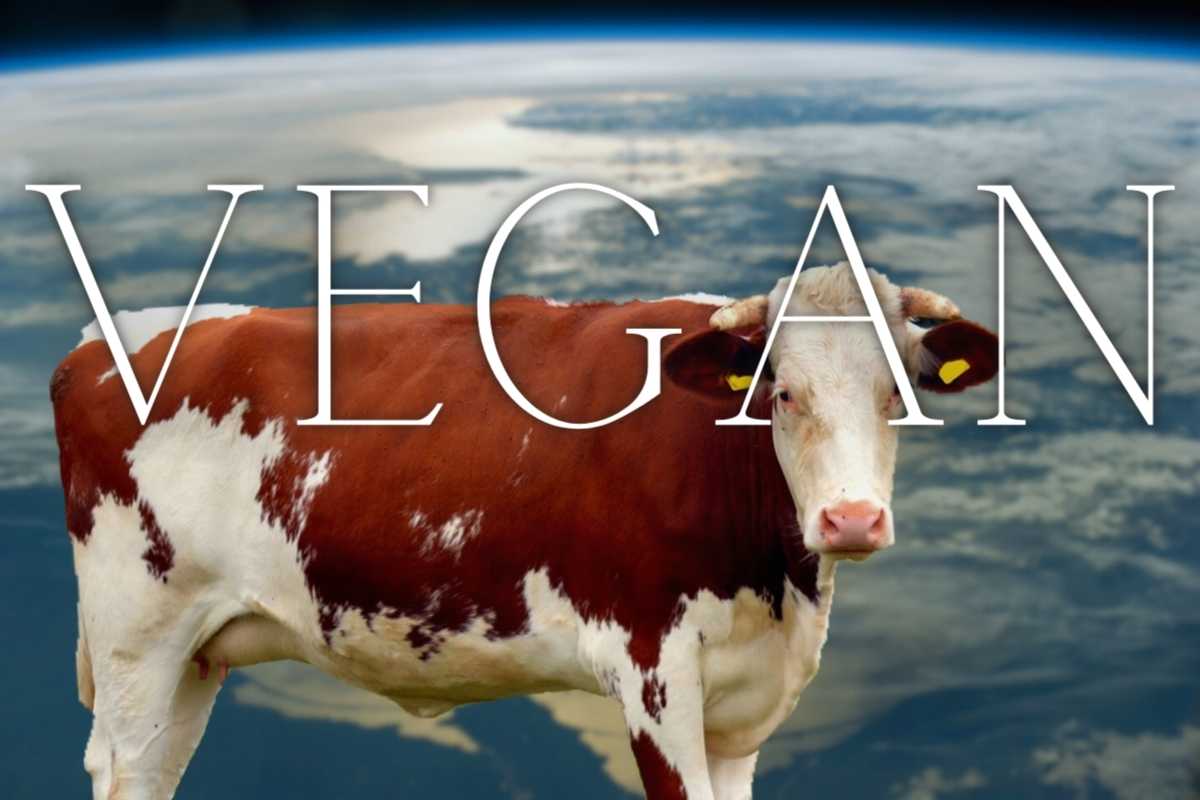Climate change has become one of the most pressing issues of our time, and the need for sustainable solutions is more critical than ever. While there are numerous ways to address climate change, one powerful tool that often goes overlooked is adopting a plant-based diet. In this article, we will explore the profound impact of veganism on combating climate change and the environment.
The Carbon Footprint of Animal Agriculture
The Methane Menace
Animal agriculture is a significant contributor to greenhouse gas emissions, particularly through the release of methane. Methane, a potent greenhouse gas, is released during the digestive process of livestock such as cows, sheep, and goats. These emissions significantly contribute to global warming and climate change.
Deforestation and Land Use
Animal agriculture is a leading cause of deforestation worldwide. Vast swaths of forests are cleared to make way for livestock grazing or to cultivate animal feed crops. Deforestation not only releases stored carbon into the atmosphere but also diminishes the Earth’s ability to absorb carbon dioxide, exacerbating climate change.
Veganism as a Climate Solution
Reduced Emissions
By adopting a vegan lifestyle, individuals can significantly reduce their carbon footprint. Plant-based diets have been shown to have much lower greenhouse gas emissions compared to diets rich in animal products. The cultivation of plant-based foods requires fewer resources, such as land, water, and energy, leading to fewer emissions.
Preserving Biodiversity
Animal agriculture often results in habitat destruction and loss of biodiversity. By shifting towards plant-based diets, we can help protect ecosystems and safeguard endangered species. Veganism promotes the conservation of natural habitats, fostering a more sustainable and balanced ecosystem.
Water Conservation
Animal agriculture is a water-intensive industry, consuming vast amounts of water for animal drinking, irrigation of feed crops, and cleaning facilities. By choosing plant-based options, we can reduce water usage and alleviate pressure on freshwater resources, especially in regions affected by water scarcity.
The Ripple Effect of Veganism
A Message to Corporations
As the demand for plant-based alternatives grows, companies are starting to take notice. Major food corporations have begun investing in and developing plant-based products, recognizing the shift in consumer preferences towards sustainable options. By supporting veganism, we can encourage further innovation and drive positive change in the food industry.
Health and Well-being
Veganism not only benefits the environment but also offers numerous health advantages. Plant-based diets, when well-balanced, can provide essential nutrients while reducing the risk of chronic diseases, such as heart disease, obesity, and type 2 diabetes. By promoting veganism, we can improve both the well-being of individuals and the health of our planet.
The choice to embrace veganism represents a powerful stance against climate change. By reducing greenhouse gas emissions, preserving biodiversity, conserving water resources, and inspiring systemic change, veganism has the potential to make a significant impact on the environment. Let us recognize the potential of plant-based diets as a sustainable solution and embrace the transformative power of veganism in creating a greener, healthier future for our planet.





